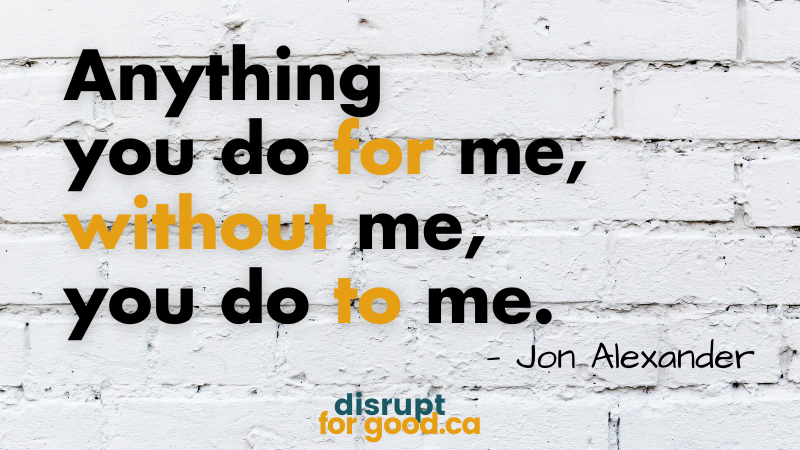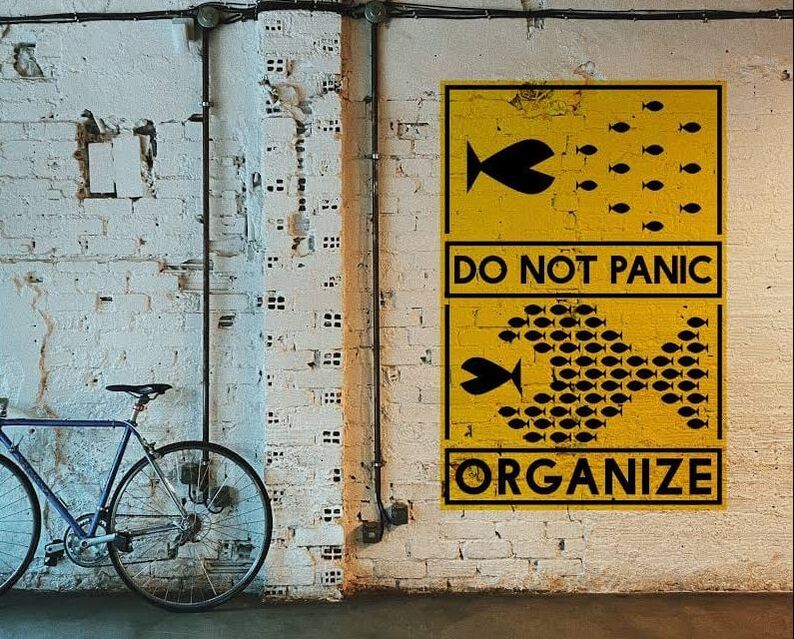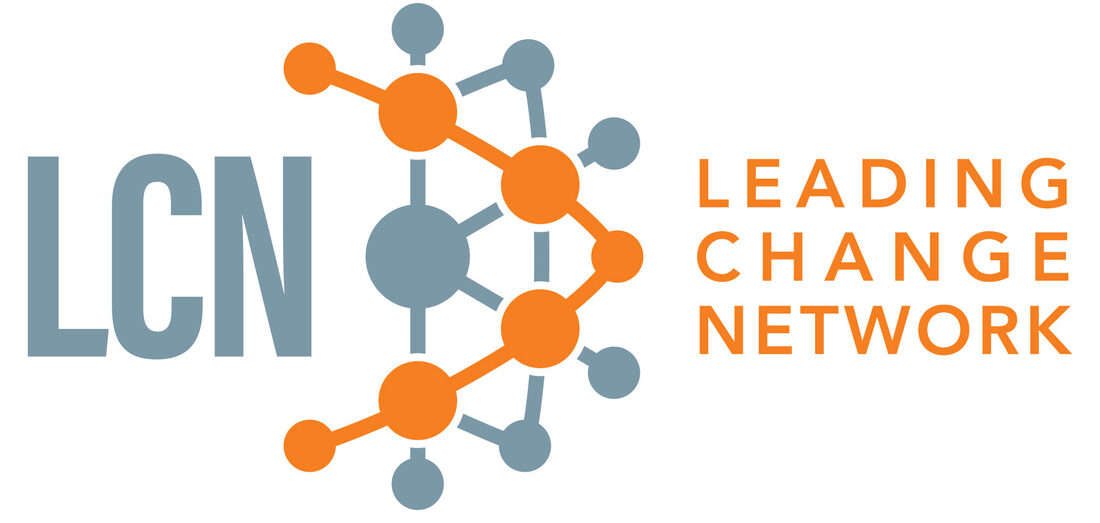|
Last week I had the honour of participating in the first Community Change Experience, held in Delray Beach, Florida. The 3-day gathering was a joint initiative of Palm Health Foundation, Tamarack Institute, Tenacious Change, and EJS Project. I want to share my main takeaways with you. Policy Influence Is Just One Tool I went to this event to be reenergized about community change work - it’s been a long haul, and it definitely feels like two steps forward and one step back at times. The fact that it was held at a resort in south Florida was a huge selling point, too. I feel strongly, especially after being there for five days, that I could really thrive in a sunnier climate. Anyway, this event coincided with the timing of municipal elections here in Ontario. I think it is fair to say that in many cities, including my own, we were hopeful that progressive leaders could win, and that didn’t come to pass on election night. Many cities and towns elected mayors and city councillors that will actively seek to unravel much of the gains made in recent years, and many of our communities will become more dangerous places to be poor, homeless, or otherwise marginalized. I followed the election results on my phone on Monday night, and then on Tuesday, Wednesday, and Thursday, I listened to speakers and community leaders from across the US and Canada, including segregated Black neighbourhoods, talk about how they were reclaiming power to cultivate healthier, thriving communities. On a site visit to The Set, Delray Beach’s forced “Negro Settlement,” we sat outside under tents on the church lawn with the elders of the neighbourhood. The chair of the Neighborhood Alliance told us that co-governing is nice, but we don’t have to wait for elected officials to make progress. We can move the ball 5 yards, 3 yards at a time. If and when a progressive elected official is in power, we’ll move faster, but we don’t need to sit and wait for someone from the outside to come and save us. Policy influence is just one tool in community change. Shared Ownership & Building Power
Another theme that emerged from the speakers and in discussions with other participants was the importance of shared ownership. As Dupree Jackson reminded us, “Anything you do for me, without me, you do to me.” The importance of co-owning change work with the community that will be most impacted came up again and again. Eric Jackson of the Black Yield Institute does food apartheid work in south Baltimore. He told us that charity only leads to dependence, but movement-building is transformational. He warned us about Liberalism masquerading as Liberationism and that DEI does not equal building Black power. Stan Martin told us that the youth he works with in Buffalo, NY make their own referral booklet for services by taking a “mystery shopping” approach, calling the agencies that are supposed to be serving them. The agencies only made it into the booklet if they were youth-affirming, according to the youths’ own experiences. Asset-Based Community Development We were also reminded of asset-based approaches (like Tamarack’s ABCD work). We heard from a woman that works for a Thrive Alliance. Doesn’t that sound more inspired than a Poverty Reduction Task Group? Flipping the mindset to thriving and to building on the many assets of a community is something I want to explore more. Moving Beyond Trauma-Informed Care to Healing-Centred Approaches This was my first introduction to the idea of Healing-Centred Approaches as a way to address trauma and healing collectively. We talk about trauma-informed services all the time, but we rarely move past that to talk about healing. This approach views those exposed to trauma as agents in the creation of their own well-being. There is also a role for storytelling to influence policy in that healing for many people, which was a place where I saw myself being able to help. So now what? When you know better, do better, right? I’ve been intentional in the last few years to make sure my role is one of solidarity. Of convening, listening, and amplifying lived experiences. Now I’m going to be even more aware and sensitive of my role in community change work and the need for shared ownership. I am also appreciative of the reminder that policy influence is just one form of community change, and I can be putting efforts into other forms as well, especially when the political climate is not receptive. For a while, I’ve been wanting to help our local tenants organize into an association or union. Same with shelter users and those living rough. I struggle though with what my role can be in that work as an outsider, but when I brought this up, I was assured that there is a role for me in that work as a co-lead if needed, and then to step into the background and help behind the scenes. So that’s something I’m going to be exploring more, too. If nothing else, we will all do better if we remember that “Anything you do for me, without me, you do to me.” Zero points for intention. We know better. One of the presenters said that when you have an "aha!" moment, it's because the thing that was just said was something you already know to be true subconsciously, and you've just been given words for it and it clicks into place. Hopefully, something from these takeaways provides you with an "aha!" moment that you can take with you into your work in community.
0 Comments
Leave a Reply. |
AuthorI'm Jennifer. I am an advocacy and communications strategist working with multiple charities and nonprofits. And I want to disrupt our sector for good. Archives
April 2024
Categories |



 RSS Feed
RSS Feed
